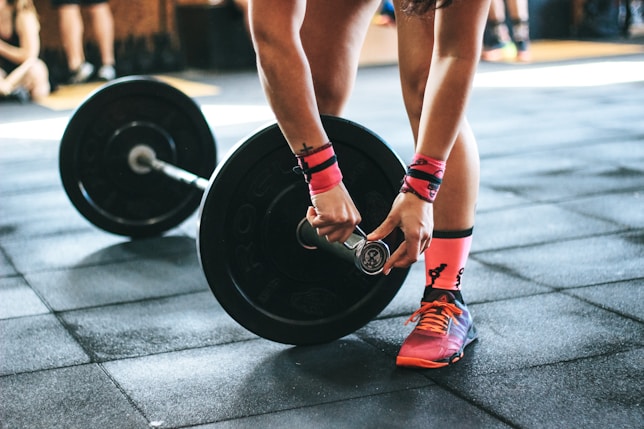Eating healthy doesn’t mean sticking to boring salads or cutting out all your favorite foods. A well-rounded meal plan focuses on balance, variety, and nourishment—providing your body with the essential nutrients it needs to thrive.
Whether your goal is improved energy, better fitness, or overall wellness, here’s how to design a meal guide that works for your body and lifestyle.
What Is a Well-Rounded Meal?
A well-rounded meal includes a healthy balance of:
- Macronutrients: Carbohydrates, proteins, and fats
- Micronutrients: Vitamins and minerals
- Hydration: Adequate water intake
- Fiber: For digestion and satiety
- Color: A variety of foods, especially fruits and vegetables, for nutrient diversity
Key Components of a Balanced Meal
1. Lean Proteins
Essential for muscle repair, satiety, and immune function.
- Sources: Chicken, turkey, tofu, legumes, eggs, fish, lean beef, Greek yogurt, tempeh
- Portion: Aim for a palm-sized serving per meal
2. Complex Carbohydrates
Provide sustained energy and support brain and body function.
- Sources: Brown rice, quinoa, sweet potatoes, oats, whole grain bread, legumes, fruits
- Portion: A cupped hand or about 1/2 your plate
3. Healthy Fats
Support hormone production, joint health, and brain function.
- Sources: Avocados, olive oil, nuts, seeds, fatty fish, nut butters
- Portion: About a thumb-sized amount or a small handful of nuts
4. Colorful Vegetables and Fruits
Loaded with fiber, vitamins, antioxidants, and minerals.
- Aim: Fill at least 1/2 of your plate with non-starchy veggies like spinach, broccoli, peppers, or carrots
- Fruits: 1–2 servings per day, preferably whole fruits over juice
5. Hydration
Water is often overlooked but is vital for digestion, metabolism, and energy.
- Goal: Drink at least 8 cups (2 liters) of water daily. Adjust with activity level or climate.
Sample Well-Rounded Meals
Breakfast
- Scrambled eggs with spinach and tomatoes
- Whole grain toast with avocado
- A side of mixed berries
- Herbal tea or water
Lunch
- Grilled chicken or chickpeas
- Quinoa or brown rice
- Steamed broccoli and roasted carrots
- Olive oil & lemon dressing
- Sparkling water with lemon
Dinner
- Baked salmon or lentils
- Sweet potato mash
- Roasted Brussels sprouts and asparagus
- A slice of whole grain bread
- Water or herbal tea
Snacks
- Greek yogurt with honey and almonds
- Apple slices with peanut butter
- Hummus and veggie sticks
- Boiled eggs or trail mix (in moderation)
Tips for Creating Your Own Meal Guide
- Plan Ahead: Prep meals or ingredients to make healthy choices easier during the week
- Use the Plate Method: ½ veggies, ¼ protein, ¼ complex carbs
- Listen to Your Body: Eat when you’re hungry, stop when you’re satisfied
- Limit Processed Foods: Focus on whole, minimally processed items
- Keep It Simple: You don’t need fancy recipes to eat well—just balance and variety
Final Thoughts
A well-rounded meal guide isn’t about strict rules—it’s about balance, sustainability, and nourishment. When you fuel your body with a variety of whole foods in the right proportions, you’ll feel more energized, focused, and ready to meet your health and fitness goals.
Remember: it’s not about perfection, but progress and consistency.

